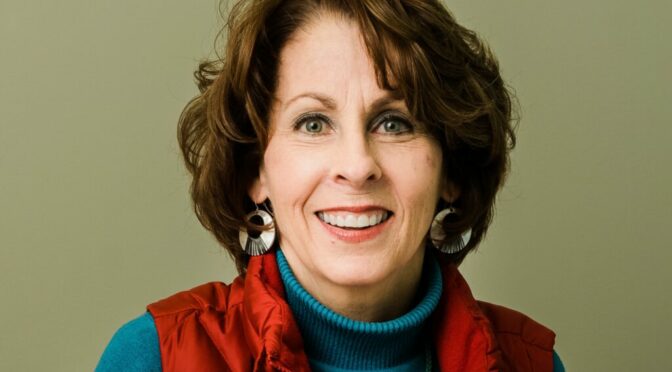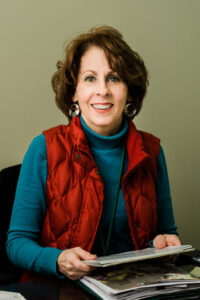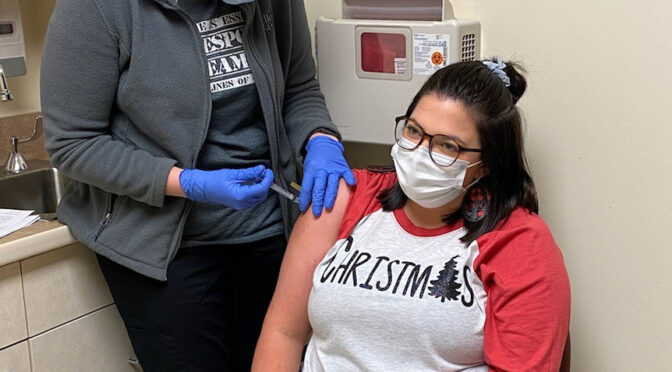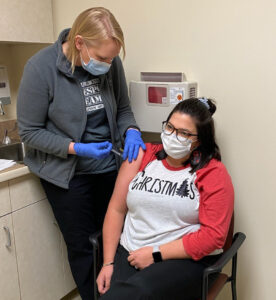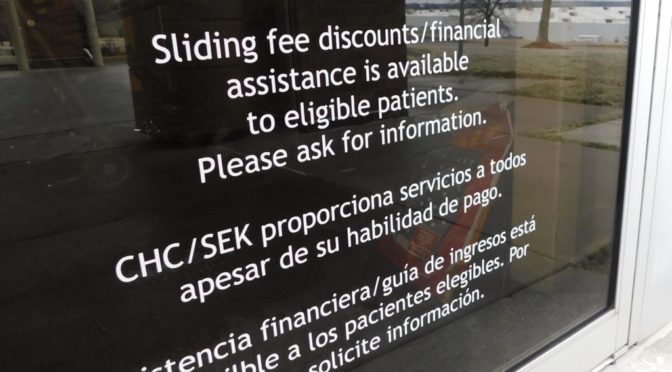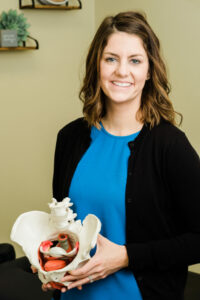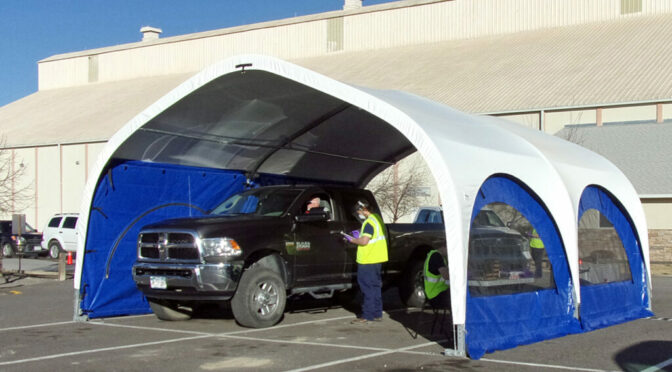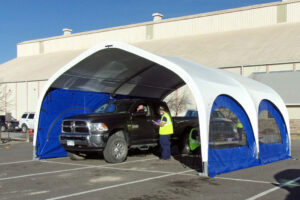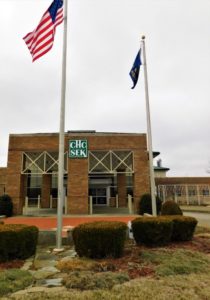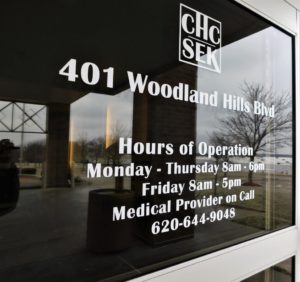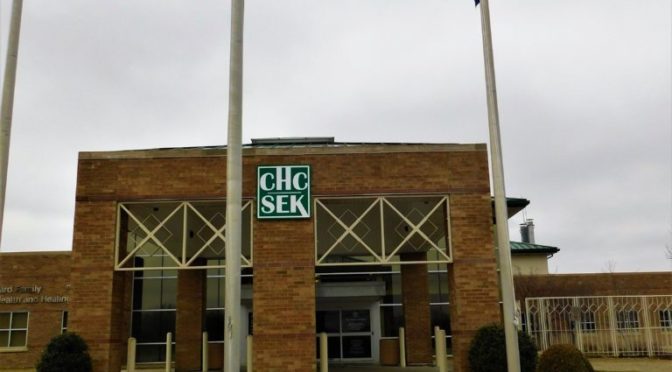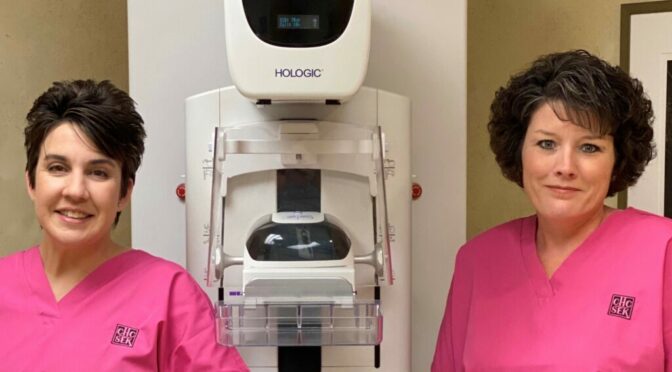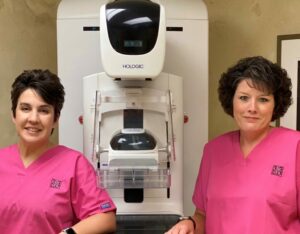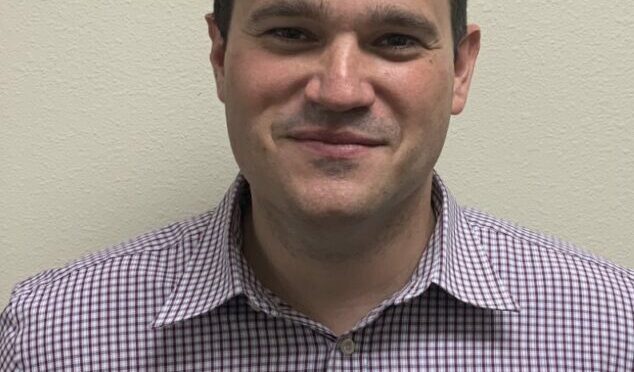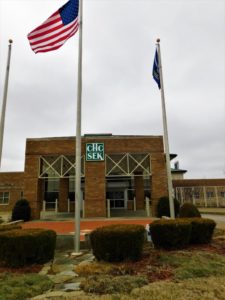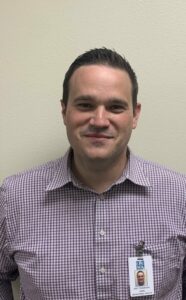
Community Health Center of Southeast Kansas (CHC-SEK) and the local county health department have received the COVID-19 vaccine.
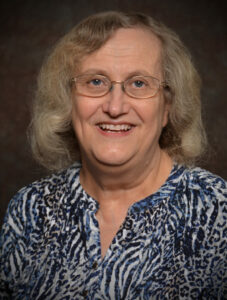
“Each of our clinics did receive the vaccine to immunize medical personnel….our own and any others in the community not covered by the local health department,” said Krista Postai, President and CEO of CHC/SEK. “It is our understanding that staff and residents in long term care (facilities) are being immunized through a federal contract with Walgreens who has received their own allocation of the vaccine.”
“We have exhausted our first shipment of 100 vaccines and are awaiting word on the next shipment,” she said. “We used (these) for our Fort Scott, Pleasanton and Mound City employees along with some other non-CHC/SEK medical personnel.”
“As you may have seen in the media, Kansas does not appear to be faring well in getting their vaccine distributed….although the state says that’s not accurate….it’s a problem, they say, with the reporting system,” Postai said.
“That said, we do anticipate receiving additional vaccine in the communities we serve and will coordinate/collaborate with local health departments, who are also receiving the vaccine,” Postai said.
Postai said she received the following email from KDHE.
-
“ALL healthcare associated workers, hospital staff and local health dept staff are eligible to receive vaccine right now. This includes dentists, ophthalmologists, EMS workers, home health workers, school nurses, pharmacists, etc.
- “If a county has more vaccine and has vaccinated all health care workers in the county, please contact the Kansas Immunization Program at [email protected] and KDHE will help redistribute your extra vaccine doses to another county who still needs more for health care workers.
- “KDHE anticipates that additional vaccine doses will arrive weekly in the state. Facilities that received vaccine will automatically receive a separate delivery/shipment for the second dose.
- “The Governor’s office and KDHE are working on priorities beyond healthcare workers and long-term care and those will be shared soon. For now, we are asking the whole state to stay in phase 1 and we will move on to phase 2 after all healthcare workers that want to be vaccinated are vaccinated with the first dose.”
For more info: contact [email protected]
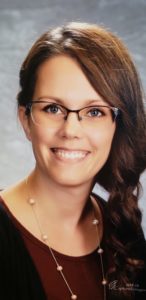
“We received 60 doses and have given them all,” Rebecca Johnson, Southeast Kansas Multi-Health Department Administrator said.
“When we know how many more we’ll be getting and when, we’ll be reaching out to whom KDHE instructs us to vaccinate next,” she said. “When we are able to vaccinate the public, we will advertise this in the paper, radio, Facebook and on our website. From the availability chart, it says high-risk individuals are looking at late winter 2021 and all other adults are looking at spring 2021.”
The Kansas Department of Health and Environment has instructed local health departments to vaccinate Emergency Medical Service personnel, healthcare and public health workers, she said.
“That’s who we’ve administered to,” Johnson said. ” We received 60 doses and have given them all.”
“Walgreens is working with long term care facilities on their vaccination plan,” she said. https://www.walgreens.com/topic/promotion/covid-vaccine.jsp
“In the first category, KDHE has listed Healthcare Personnel, Long Term Care Facility Staff/Residents, and EMS/Frontline Public Health Workers,” she said. “This chart can be found on the KDHE website or folks can go to our updated website: www.sekmchd.com.
From the sekmchd website:
Coronavirus (COVID-19) Active Cases | January 6, 2021
Allen County 96
Anderson County 71
Bourbon County 83
Woodson County 27
Please call your local health department if you would like a further breakdown of cases at 620-223-4464.
COVID-19 Vaccine FAQsWhen will the COVID-19 vaccine be available?
Currently, the vaccine is only available to healthcare workers and long-term care residents. As more vaccine is made available it will be offered to additional groups.
Please see the Expected Vaccine Availability Status to Population Group (pg 3) put out by the Governor’s office. SEKMCHD receives instructions directly from KDHE about which groups are eligible for vaccination with the vaccine they send to us.
Is vaccination mandatory?
Public Health officials are not mandating vaccination at this time. Your employer may require you to be vaccinated.
Will there be enough vaccine for everyone?
The Federal government has indicated that there will be enough for everyone who wants to be vaccinated.
How much will the vaccine cost?
The vaccine itself is being paid for by the federal government. SEKMCHD won’t be charging a fee. Other places giving vaccinations may charge a fee to administer the vaccine.
Where can I get a COVID-19 vaccination?
Right now vaccine is only available for healthcare workers and long-term care residents. Vaccine will be made available to the public in the spring/summer of 2021. At that time it may be available through the health department, pharmacies, and physician offices. Check this website for further updates.
Do I need to make an appointment to get the vaccine?
No. When the health department receives enough vaccine to give to the public we will host a large event. No appointment will be required for that event.
I already had COVID-19. Do I need to get the vaccine?
It is suggested that you get vaccinated even if you have previously had COVID-19.
How long after I get my vaccine do I need to wear my mask?
You should wear your mask even after being vaccinated. Public health officials will advise when it is safe to go back to not wearing a mask.
I want to get a specific vaccine. How do I do that?
The health department is unable to honor requests for specific vaccines. The health department cannot request specific vaccines at this time. When we are ready to begin vaccination of the public we will let the public know which specific vaccine is available.
